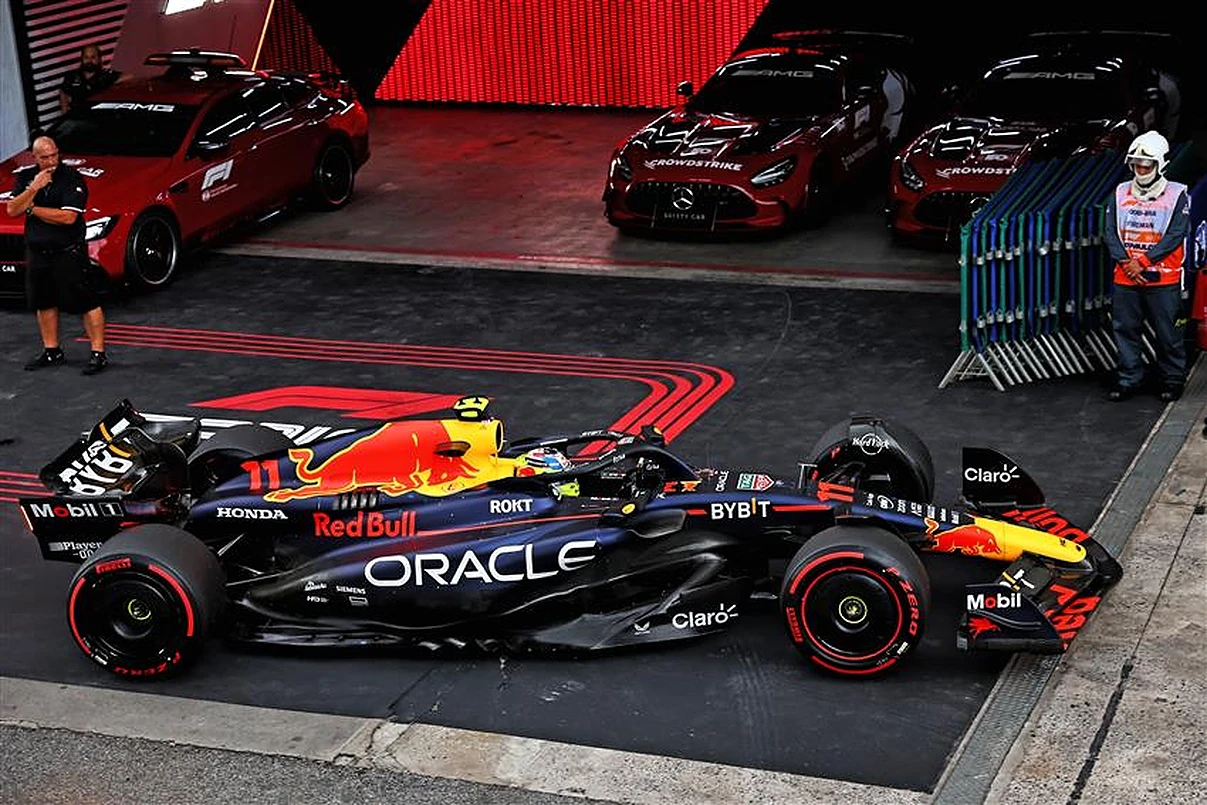Get ready for an adrenaline-fueled ride because the 2024 Formula 1 season is gearing up to be an absolute thriller. Starting in March and running through into December, this season is set to be the longest in F1 history with 24 races in total.
So, with not long to go, it’s time to brace yourself for more racing, more excitement, and a whole lot more unpredictability.
One of the biggest highlights of the upcoming season is the introduction of six sprint weekends. In China, Miami, Austria, the USA, São Paulo, and Qatar, F1 fans can expect an added dose of thrill with the sprint format. And Fridays will now feature shorter qualifying races.
But, the 2024 Formula 1 season is not just about the sheer quantity of races but also the quality of the iconic circuits. One of the jewels in the F1 crown for 2024 is undoubtedly the race at Silverstone, with the betting industry in the UK exploding year-on-year with a host of tempting odds for the iconic race. With its high-speed straights and challenging corners, the race remains a firm favourite among drivers and fans alike.
The introduction of new tracks in Las Vegas and the return of China to the calendar is sure to bring an element of unpredictability to the race to the top in 2024. How will these tracks impact different teams and drivers? The answer, of course, remains uncertain, only lending to the excitement of the new season.
As the reigning champion, the 26-year-old Max Verstappen will be defending his title against formidable opponents. Can he maintain his dominance on the grid, or will challengers like Charles Leclerc and Lewis Hamilton succeed in dethroning him? Plus, keep a close eye on the young guns making waves in the F1 scene. Lando Norris, George Russell, and Oscar Piastri are ready to shake up the established order and push their experienced rivals to their limits. Additionally, don’t be surprised if midfield teams like Alpine and AlphaTauri emerge as unexpected contenders, disrupting the hierarchy with strong performances.
To reduce environmental impact, F1 has strategically grouped races by regions, which will only help to foster the intense rivalries and, ultimately, tighter championship battles. The shift towards regional races is not just about sustainability, however; it’s about creating a more engaging and competitive season for the millions of Formula 1 fans worldwide.
Technical and rule changes will continue to shape the competition. Teams will refine their cars based on lessons learned in the previous year, resulting in even closer racing and thrilling battles for position. Sustainability takes centre stage, with F1 aiming for net-zero carbon emissions by 2030. Expect innovations in fuel, materials, and race operations as the sport strives to meet this very ambitious goal.
Geopolitical factors – such as the ongoing war in Ukraine and potential economic difficulties – could influence the season’s schedule and finances. While the impact is uncertain, it does add an element of real-world complexity into the throes of the racing world.

